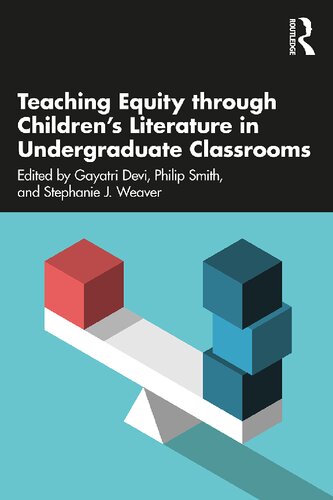

Most ebook files are in PDF format, so you can easily read them using various software such as Foxit Reader or directly on the Google Chrome browser.
Some ebook files are released by publishers in other formats such as .awz, .mobi, .epub, .fb2, etc. You may need to install specific software to read these formats on mobile/PC, such as Calibre.
Please read the tutorial at this link: https://ebookbell.com/faq
We offer FREE conversion to the popular formats you request; however, this may take some time. Therefore, right after payment, please email us, and we will try to provide the service as quickly as possible.
For some exceptional file formats or broken links (if any), please refrain from opening any disputes. Instead, email us first, and we will try to assist within a maximum of 6 hours.
EbookBell Team

4.4
42 reviewsChildren's literature has been taught in undergraduate classrooms since the mid-1960s and has grown to become a staple of English literature, library science, and education programs. Children's literature classes are typically among the most popular course offerings at any institution. It is easy to understand why; children's literature classes promise students the opportunity to revisit familiar works with fresh eyes. With the growth of the children’s publishing industry and the celebration of recent scholarly interventions in the field, the popularity of the discipline is unlikely to abate. A central question of current children’s literature scholarship and practice is how to effectively address contemporary questions of social justice. This collection offers a series of interventions for the practice of teaching equity through children's literature in undergraduate classrooms. It is intended for individuals who teach, or who are interested in teaching, children’s literature to undergraduates. It includes contributions from practitioners from a range of institutional affiliations, disciplinary backgrounds, nationalities, and career stages. Furthermore, this volume includes contributions from scholars who belong to groups which are often underrepresented within academia, due to race, nationality, ethnicity, gender identity, disability, or other protected characteristics.